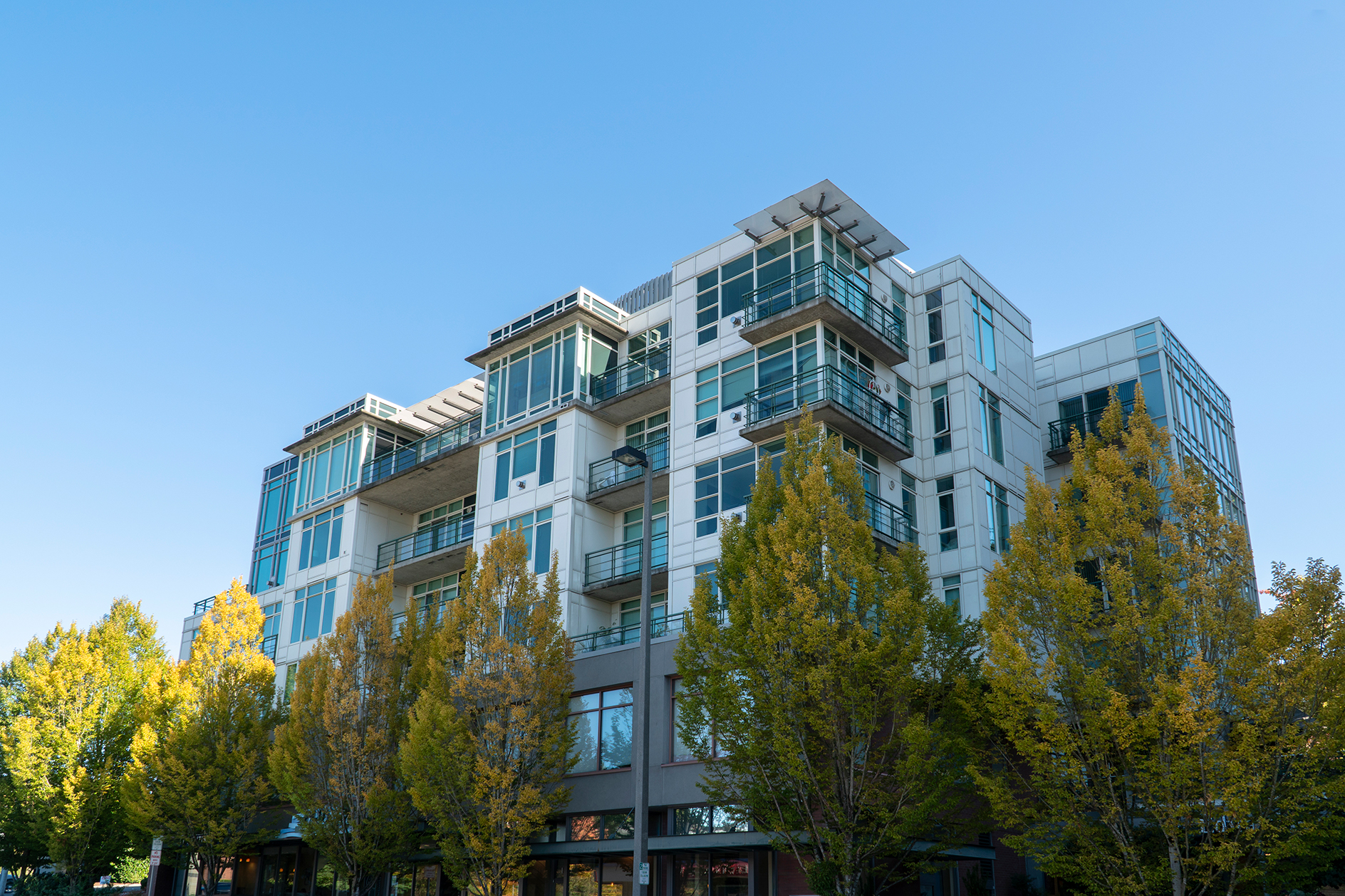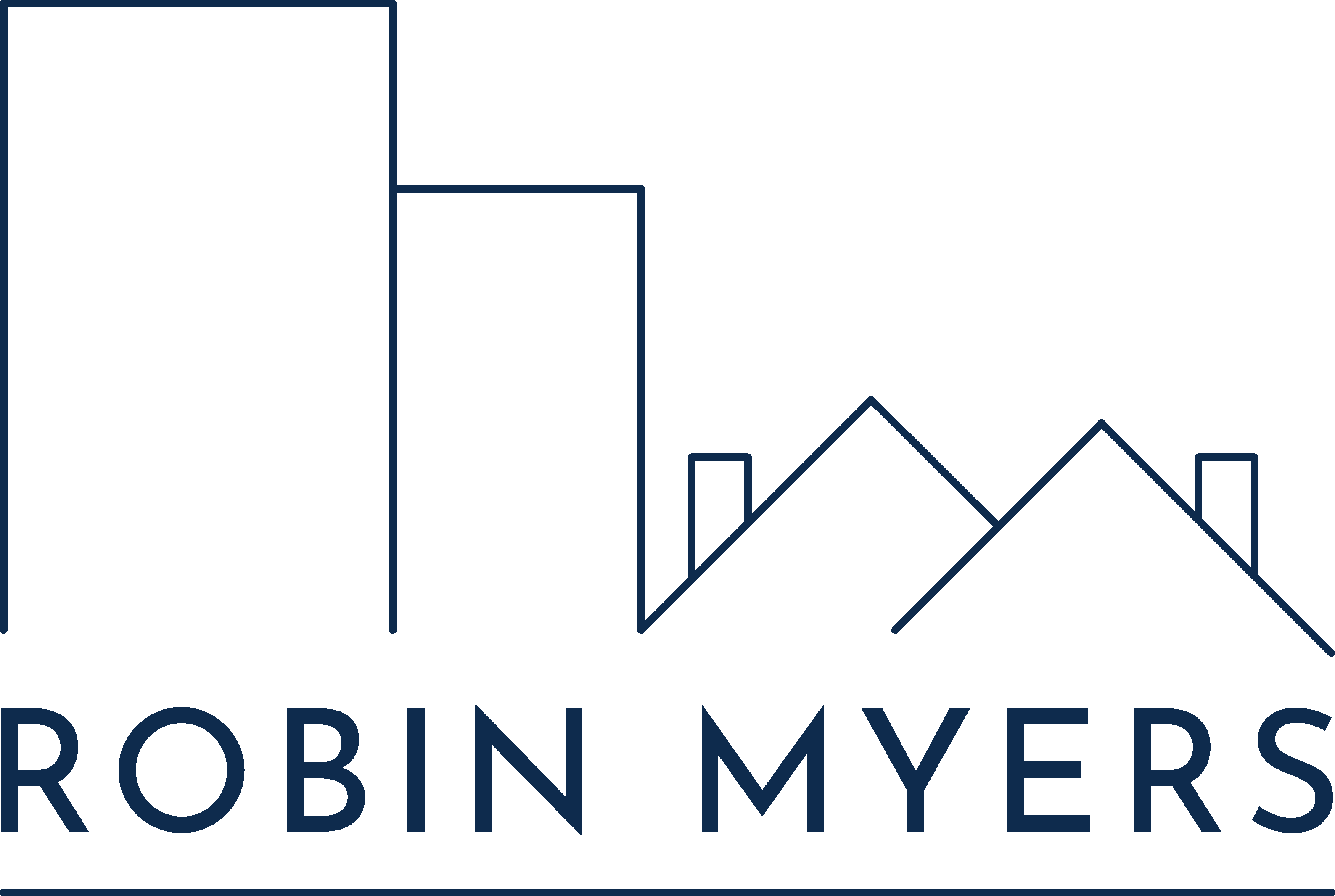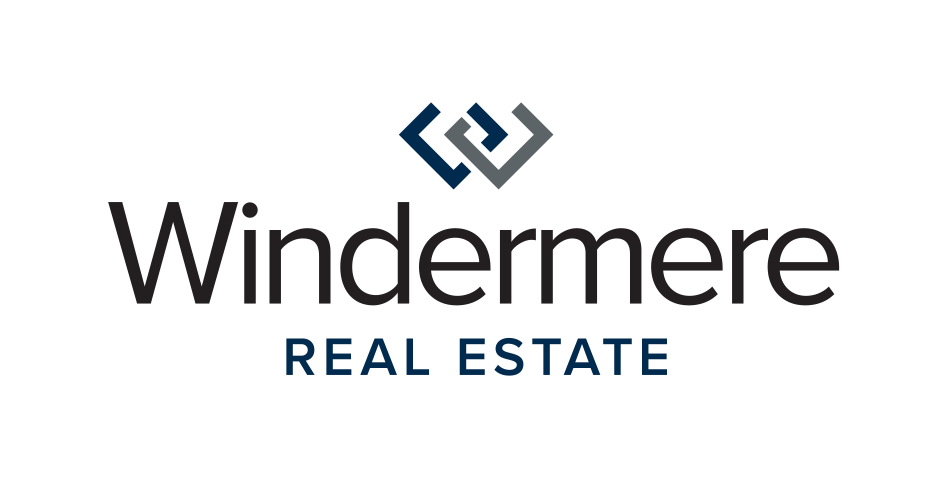Could COVID-19 Impact Future Condo and Apartment Design?

 Recent real estate and design articles have speculated on the impact the coronavirus pandemic could have on future residential design. Features in the last decade have focused on spacious luxury owner amenities with indoor and outdoor common areas, lush gardens, fitness centers, media rooms, private dining rooms, pet spas and co-working spaces. Will residential developers adjust future design plans to create safer and more comfortable common areas?
Recent real estate and design articles have speculated on the impact the coronavirus pandemic could have on future residential design. Features in the last decade have focused on spacious luxury owner amenities with indoor and outdoor common areas, lush gardens, fitness centers, media rooms, private dining rooms, pet spas and co-working spaces. Will residential developers adjust future design plans to create safer and more comfortable common areas?
The new normal may mean fewer pieces of equipment in cardio and weight rooms and more space between mats in yoga studios. Expect more hand sanitizing stations and stricter cleaning protocols. Capacity limits or equipment reservations may be required to provide equitable use and a safe environment. Lobbies, owner lounges and other common gathering areas may adjust decor to provide more chairs and fewer sofas to create a comfortable yet safe area for residents and guests.
Home office space has become one of the “must have” features. Whether full or part time, more people are working from home increasing the need for dedicated office or study space. We’ve quickly learned dining room tables and kitchen islands aren’t the best backdrop for video meetings.
Spending more time indoors has made the need for a properly functioning HVAC system more evident. Buyers may be just as interested in knowing whether a new community design includes systems that introduce more fresh outdoor air, recycle air more frequently and perhaps sanitize.
Spending more time in our homes over the past several months has made us more aware of our space, how we use that space, how well it functions and what we may need/want for the future.
Do You Need to Disclose a Video Security System When Your Home is Listed for Sale?
Today’s home security systems are plentiful, inexpensive and easy to install. While they can provide peace of mind, when you list your home for sale, are you required to disclose the operation of a home video or audio security system?
Washington State law makes it very clear – it is UNLAWFUL for anyone to record, by any device, the private conversation of others without their consent. (RCW 9.73.030). Disclosure of an audio monitoring system or device, warning of the monitoring system, is not sufficient. Giving warning is not the same as obtaining the consent of all involved in the conversation.
There is no law prohibiting a seller from having a video only system to record movement or physical actions inside the home; Washington State law prohibits only audio recording. The seller and listing broker should disclose in the MLS listing and inside the home that there is an active video security system and warn visitors they may be recorded while in the home.
Affordability and ease of installation has made home security systems more common. While many systems record only movement, some (including infant monitors) include audio listening devices. If a seller refuses to disable active audio surveillance, and records audio without gaining the consent of the speakers, seller will be in violation of state law. If a seller has additional questions or concerns relating to this issue, they should seek legal counsel.

 Facebook
Facebook
 Twitter
Twitter
 Pinterest
Pinterest
 Copy Link
Copy Link



